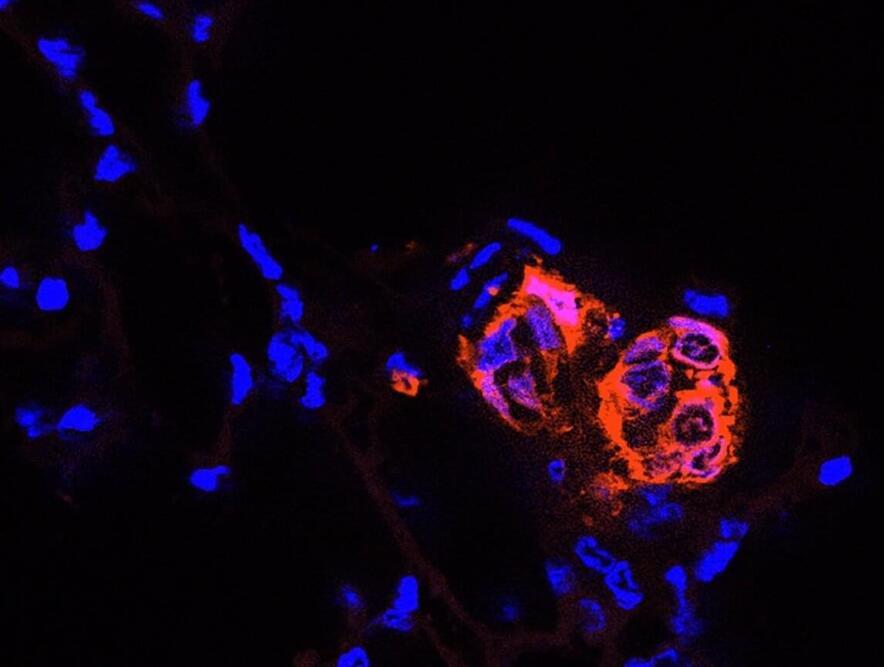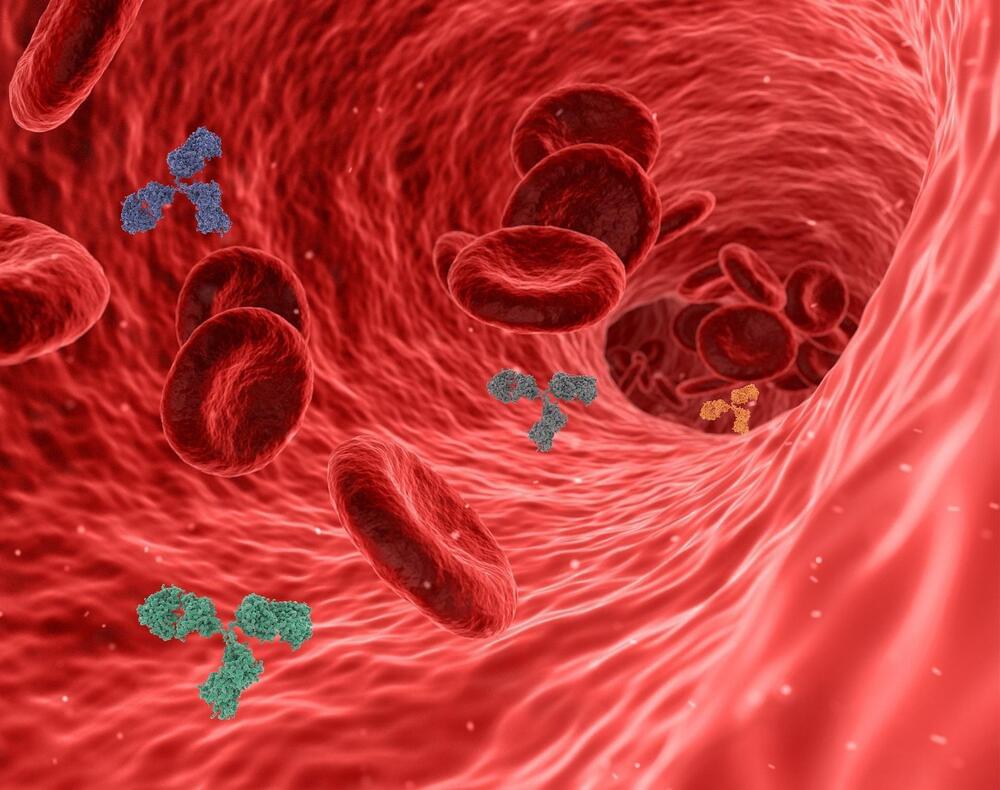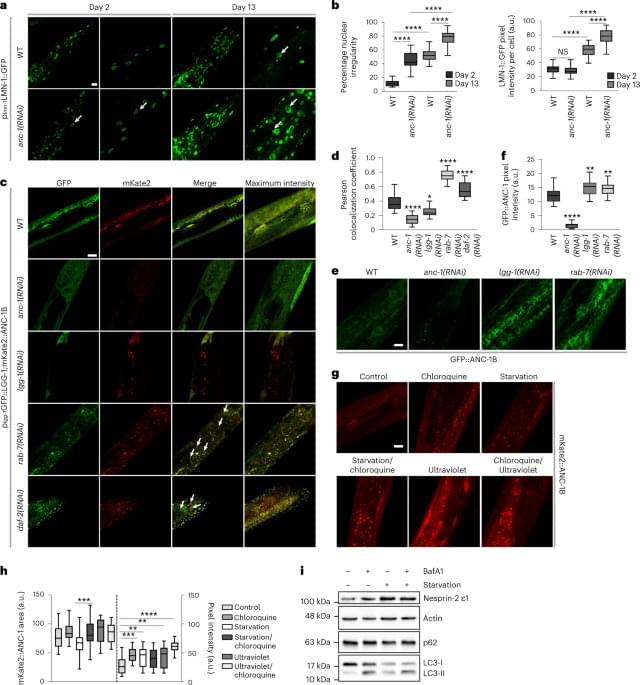Jan 5, 2023
The Remarkable Life of Seneb: A High-Ranking Dwarf in Ancient Egypt
Posted by Dan Breeden in category: futurism
Seneb was a high-ranking court official in ancient Egypt who lived around 2,520 BC. He was a dwarf, but this did not prevent him from achieving great success and importance in society.
He owned thousands of cattle, held twenty palaces and religious titles, and was married to a high-ranking priestess with whom he had three children.
The acceptance and integration of individuals with physical disabilities was valued in ancient Egyptian society, as demonstrated by Seneb’s successful career and lavish burial arrangements.


















